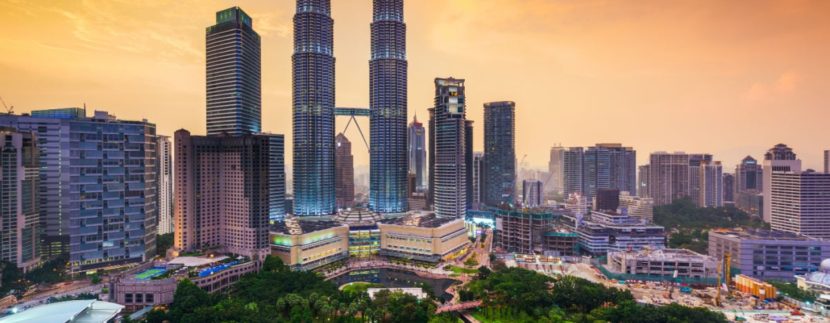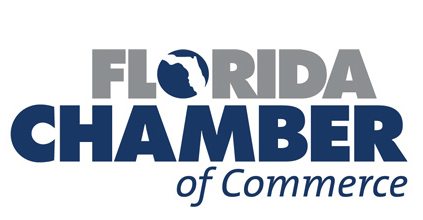Malaysia’s New Digital Nomad Visa Is Now The Easiest To Qualify For In Asia

[ad_1]
Last Updated
Southeast Asia has long been a haven for travelers and digital nomads looking for a low cost of living and a taste of the good life. However, regional tourist visas are short and digital nomad visas are scarce.

Some countries, like Thailand, are only getting more difficult and expensive with time.
Thailand had previously offered 90-day tourist visas on arrival in 2022 but reverted back to 30 days this spring while cracking down on visa runs. Their only digital nomad visa options fall under the Thai Elite Program: nine tiers of VIP status for high-earning nomads willing to shell out $17K – $1.5M.
Other countries are taking the opposite approach, hoping to boost their post-pandemic tourist industries and encourage foreign investment.
Vietnam is in the process of extending tourist visas from 30 to 90 days. Indonesia also announced a new digital nomad visa last summer.
Malaysia has long led the pack in long-stay tourist and business visas in Southeast Asia.

The Malaysian “social visit pass” visa on arrival has allowed travelers from the US, UK, Canada, and other countries to visit for tourism or business for 90 days.
Late last year, the Malaysian government took things a step further by announcing a new digital nomad visa scheme. The DE Rantau program’s self-proclaimed goal is to secure Malaysia’s position as the top digital nomad destination in the Association of Southeast Asian Nations (ASEAN).
Now that the first few batches of digital nomad applications have been approved, it’s becoming clear that Malaysia has succeeded.
DE Rantau is undoubtedly the easiest, cheapest digital nomad visa option in Asia.

What is the DE Rantau Program?
DE Rantau is a new initiative from the government’s Malaysia Digital Economy Corporation (MDEC) investing in both local and foreign digital nomads.
The program includes DE Rantau “hubs” of pre-verified accommodation equipped for digital nomads, as well as support for digital nomad networking and community across the country.

What is the DE Rantau Nomad Pass?
The DE Rantau Pass is a visa and residency scheme for foreign digital nomads to live and work in Malaysia.
This falls under the larger category of “Professional Visit Pass” and carries a low fee of $225, of which 75% is refunded in case of application rejection.
The pass allows a stay of 3-12 months with the option for an additional 12 month renewal. Nomads in Malaysia under DE Rantau must register with Malaysia’s tax office and report their income.
The most valuable benefit of this program is that nomads will not have to pay standard Malaysian tax rates on income from foreign companies or clients.
While, unfortunately, the exact tax structure remains opaque, MDEC’s DE Rantau FAQ page lists relevant tax codes and designated points of contact for tax-specific program questions.

Who Qualifies?
Digital freelancers, independent contractors, and remote workers making at least $24,000 per year (or $2,000 per month) qualify for a DE Rantau Pass.
Qualifying applicants must work in the digital domain, which MDEC defines as:
- IT, including software development, software support and sales, UX, UI, cloud, cybersecurity, blockchain, AI, machine learning, data related work, digital currencies support, etc.
- Digital marketing
- Digital content creation
- Digital content development

What Do Applicants Need To Apply?
Applicants to this new program will submit:
- Proof of Income – Latest 3 months of bank statements, either income statements or tax returns, and pay slips
- Proof of Employment – Active contract with a foreign company that has been active for at least the last 3 months and is valid for future work (remote workers); or, long-term established client or combination of clients with a contract(s) for a project(s) valid for 3 months (freelancers)
- Passport – 6 empty passport pages on a passport with 14 months validity
- Qualifications – Educational certificates and an up-to-date resume
- Proof of Tax Registration – Tax registration slip from Inland Revenue Board of Malaysia
- Proof of Insurance – Medical insurance policy valid in Malaysia
- Proof of Good Conduct – Certified letter from local police in your country of residence
- Personal Bond – $450 payment for US citizens and $224 for UK and European citizens, refunded when your pass expires
- Visa Fee – $225 for all applicants, 75% refunded if application denied

How To Apply?
Nomad Pass applications are completed entirely online. Applicants register online with MDEC’s foreign nomad portal, then submit scans and digital copies of the required documents.
Applications are processed in 6-8 weeks. There have been some reports of delayed approval (keep in view or “KIV” status) when documents or employers required additional manual verification. Still, many applicants have reported positive experiences with responsive support from MDEC while this young program blazes the trail for nomad visas in Asia.
Traveler Alert: Don’t Forget Travel Insurance For Your Next Trip!
↓ Join Our Community ↓
The Travel Off Path Community FB group has all the latest reopening news, conversations, and Q&A’s happening daily!

SUBSCRIBE TO OUR LATEST POSTS
Enter your email address to subscribe to Travel Off Path’s latest breaking travel news, straight to your inbox.
This article originally appeared on TravelOffPath.com
[ad_2]
Source link






